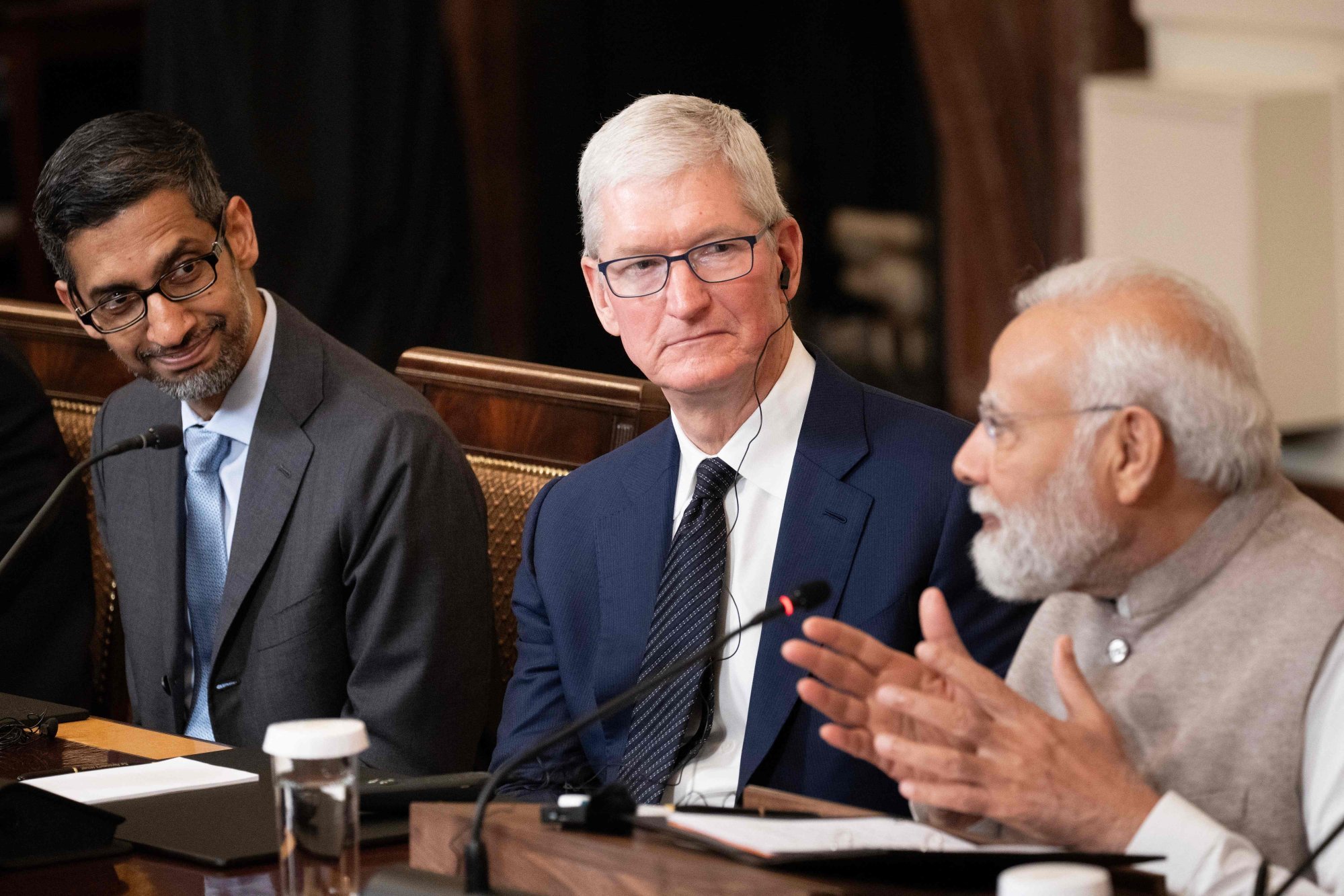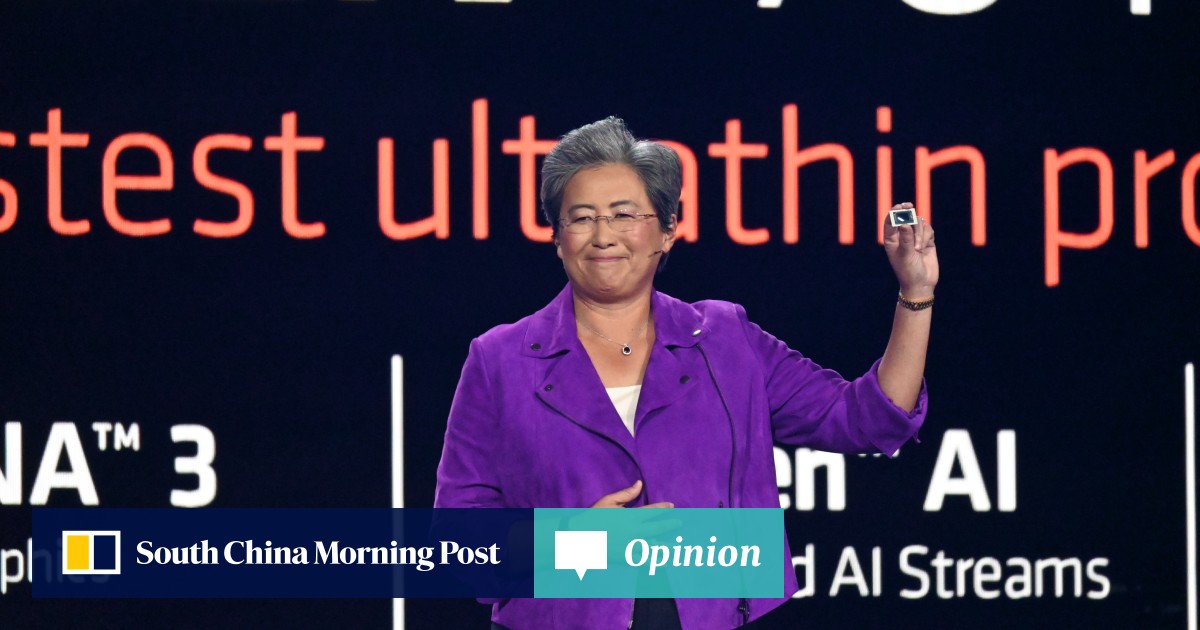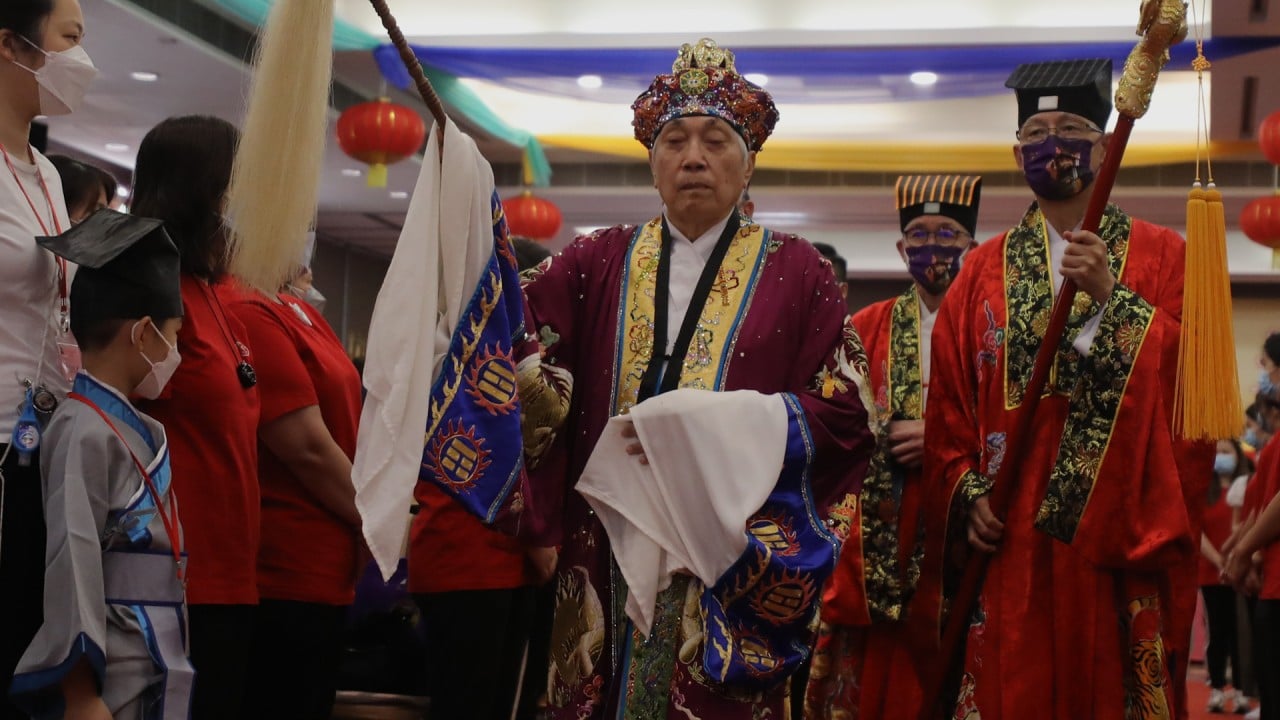In addition to a stereotype that East Asians lack leadership skills, studies suggest they are seen as lacking in creativity, assertiveness and communication skills and, while competent, are not warm and sociable.

One problem is that many of the attributes traditionally valued in Confucian East Asian societies – modesty, reticence, thinking of others first, letting your work speak for itself – are perceived as weaknesses in the loud, brash, self-promoting West, particularly the United States.
The point is not to pit different Asian minorities against each other, said Li. But having a strong point of view, seeking visibility, being assertive and vocalising opinions with conviction – common ingredients of success in the US – do not always come naturally to East Asians and can even appear rude among those taught not to challenge authority figures.
Some studies suggest East Asians also tend to be more insular than other ethnic groups, socialising more among themselves than with outsiders, undercutting the social networks and reputation needed to forge broader leadership credentials.
Racism for all to see at US grilling of TikTok’s Singaporean chief
Racism for all to see at US grilling of TikTok’s Singaporean chief
Li was among several successful East Asians brought together recently by the Committee of 100 civic group for a bit of soul searching on their own struggle with bamboo ceilings. As their careers played out, most said they developed workarounds.
Former US ambassador to China Gary Locke said he realised as a young prosecutor that it was not enough to win a criminal case, it was vital to spend time building a social network of colleagues from other ethnic groups and communities, building trust and recognition that helped as his political career advanced.
Mari Yoshihara, the first Asian woman to head the American studies department at the University of Hawaii, Manoa, cited the importance of trying to improve access for other Asians on your way up – without fostering exclusivity – even as you pursue individual ambition. And for Brian Wong, an entrepreneur and founder of independent media company RADII, it is about feeling self-confident and believing you have a right to sit at the table with everyone else.
East Asians can also be victims of their history and culture, rooted in Confucianism and principles of hierarchy, harmony and virtue. While this may engender a belief, even feelings of superiority, that the East is ordered, relative to the aggressive, upstart West, this mental architecture can also slow adaptation. East Asian societies are hardly free of brutal competition, it just takes different forms, said Li, pointing out that a pretence that the Cultural Revolution was not assertive, if not downright aggressive, is illusory.
Minorities too often bear the burden of having to represent their entire community in public roles, said Yoshihara. “Asians should have the luxury of mediocrity.”
Mark Magnier is the Post’s US deputy bureau chief


